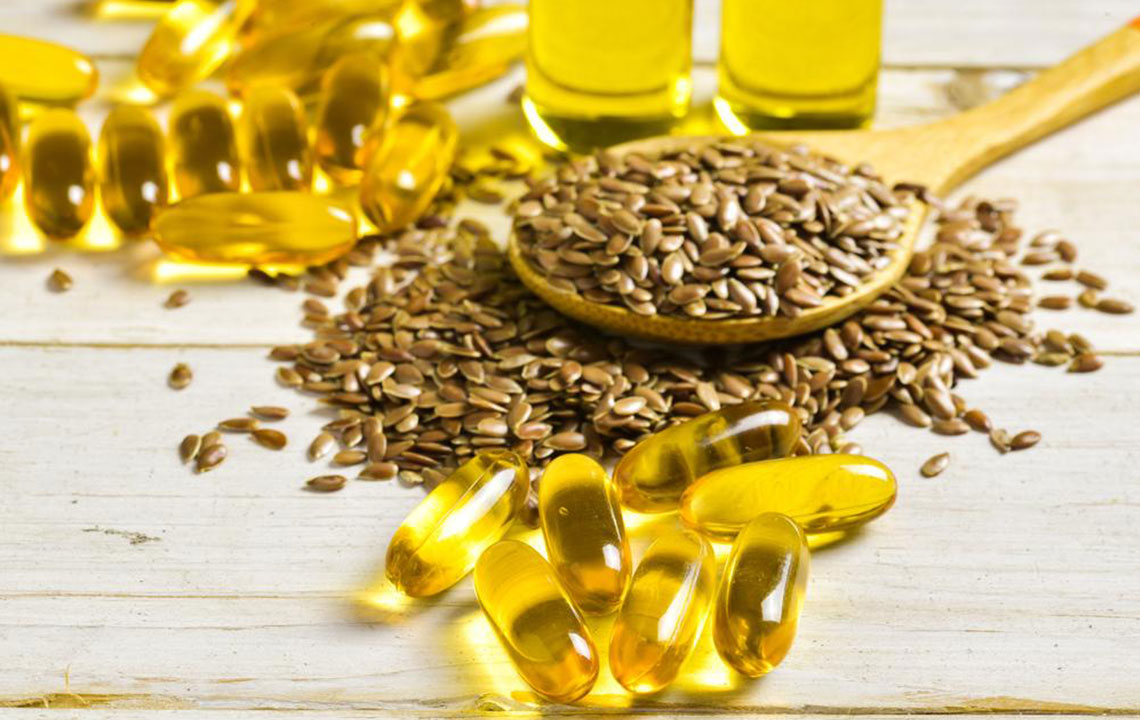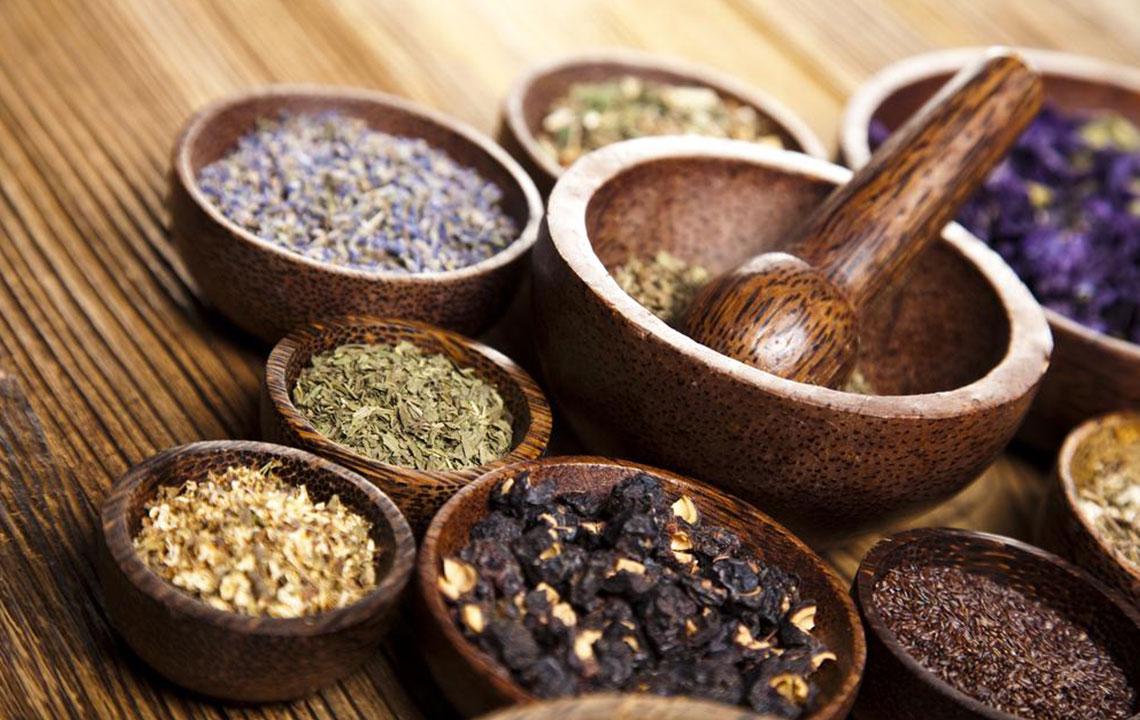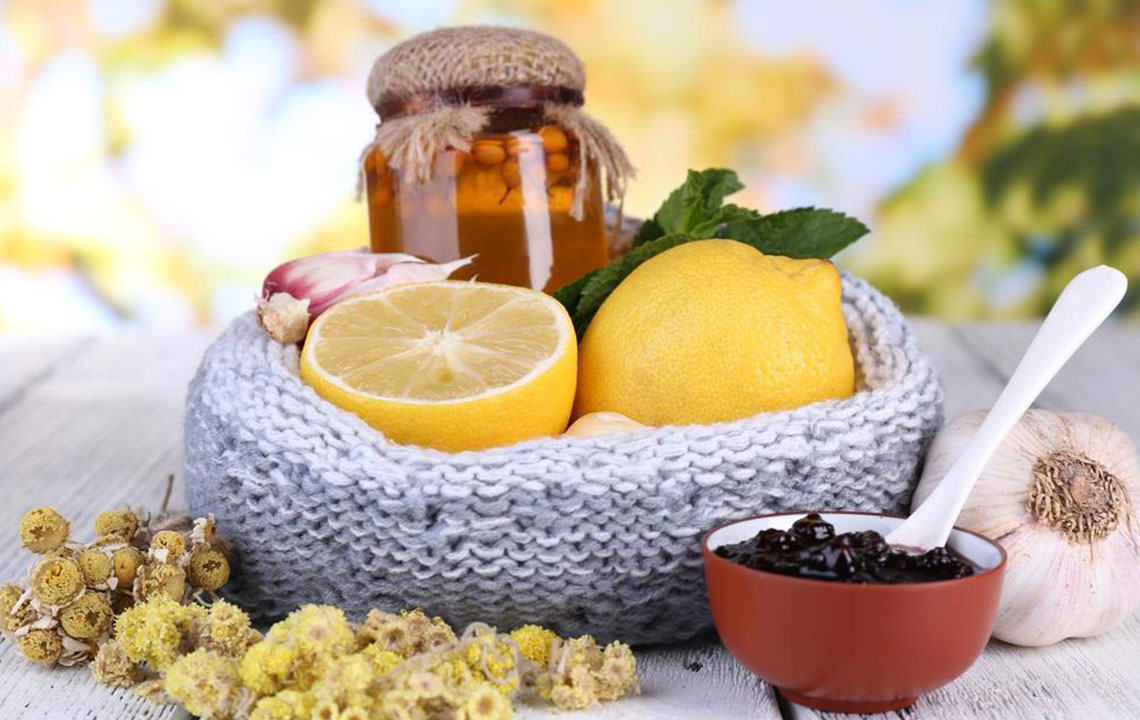Comprehensive Natural Approaches to Managing Colitis Effectively
Discover effective natural strategies to manage colitis, including dietary changes, nutritional support, home remedies, and herbal treatments. Learn how lifestyle modifications can alleviate symptoms and promote colon healing safely and holistically. Combining these approaches with medical advice can improve quality of life for those suffering from colitis.

Comprehensive Natural Approaches to Managing Colitis Effectively
Colitis is a condition characterized by inflammation of the inner lining of the colon, which can significantly impact a person's quality of life. It often results from various causes, including infections, autoimmune responses, or inflammatory bowel diseases like Crohn's disease or ulcerative colitis. Symptoms typically include chronic diarrhea, abdominal pain, cramping, urgency, and sometimes bleeding. Managing colitis effectively requires a combination of medical treatment and lifestyle modifications. Among these, natural strategies have gained popularity due to their potential to reduce symptoms and promote colon health without relying solely on pharmaceuticals.
In this article, we delve into a range of natural methods, including dietary changes, nutritional support, home remedies, and herbal treatments, all aimed at helping individuals control and alleviate colitis symptoms safely and effectively.
Understanding the Role of Diet in Colitis Management
One of the most significant factors influencing colitis symptoms is diet. Food not only affects digestive health but can also either mitigate or exacerbate inflammation within the colon. For example, consuming refined sugars can increase gut acidity, disrupting the delicate balance of gut bacteria and causing recurrent episodes of diarrhea. These sugars serve as a food source for fungi and harmful microbes, encouraging infection and further inflammation. Therefore, reducing intake of refined carbohydrates and sugars is crucial for managing symptoms.
Instead, emphasis should be placed on incorporating high-fiber foods, such as fresh vegetables, fruits, whole grains, and legumes. Fiber supports healthy bowel movements, promotes beneficial gut bacteria, and helps soothe inflamed tissues. When increasing fiber intake, it is essential to identify and eliminate potential allergens like wheat or dairy, which can trigger adverse reactions in some individuals. Additionally, switching to distilled or boiled water can minimize exposure to chemicals like chlorine and chloramine, which may irritate the gut lining and worsen symptoms.
Essential Nutritional Support for Colitis Patients
Chronic diarrhea and inflammation impair the body's ability to absorb vital nutrients, leading to deficiencies that can weaken the immune system and delay healing. To counteract this, nutritional supplementation becomes critical. Incorporating multivitamins, mineral supplements, and specific nutrients like vitamin C can bolster immunity, reduce inflammation, and support tissue repair.
Vitamin C, for instance, is a potent antioxidant that boosts immune defenses and helps reduce inflammation in the colon. Be mindful of the dosage to prevent potential adverse effects. Furthermore, protein supplementation—such as protein powders—can ensure adequate amino acid intake, which is vital for tissue regeneration. A recommended approach is to consume approximately 15 grams of protein thrice daily, adjusting based on individual needs and tolerance.
Home Remedies to Promote Colon Healing
There are several simple yet effective home remedies that can support colon health and alleviate symptoms. Enemas enriched with butyric acid are one such option. Butyric acid naturally forms in the colon during fiber fermentation and plays a crucial role in energizing colonocytes, helping to reduce swelling, bleeding, and discomfort.
Another beneficial approach involves using probiotic enemas. Combining probiotic yogurt with a small amount of lactic acid yeast can help restore healthy gut flora, which is often disrupted in colitis patients. To prepare a probiotic enema:
Mix ¼ cup of lukewarm distilled water with 8 ounces of plain, unsweetened yogurt at room temperature.
Add 6-8 crushed lactic acid yeast tablets.
Use half of this mixture as an enema, retain it for as long as possible, then repeat with the remaining solution.
This process can help re-establish beneficial bacteria in the colon, reducing inflammation and promoting healing.
Herbal and Natural Remedies for Colitis Support
In addition to dietary and home remedies, various herbs and natural supplements have demonstrated potential in reducing colon inflammation and alleviating symptoms:
Pineapple enzyme (Bromelain): Known for its anti-inflammatory properties, bromelain helps break down proteins, reducing swelling and preventing flare-ups.
Psyllium husks: A soluble fiber that adds bulk to stools, promotes regular bowel movements, and alleviates constipation, which can exacerbate inflammation.
Turmeric: Contains curcumin, a powerful antioxidant with proven anti-inflammatory effects that can help diminish colon inflammation and support tissue repair.
Honey: Possesses natural anti-inflammatory characteristics and antimicrobial properties that may contribute to reducing intestinal inflammation and fostering healing.
While these natural remedies can be beneficial, they should complement conventional medical treatments prescribed by healthcare professionals. Always consult with your healthcare provider before adding new supplements or herbs into your regimen, especially if you are on medication or have other health conditions.
In conclusion, managing colitis naturally involves a holistic approach that includes dietary adjustments, adequate nutritional support, home remedies, and herbal treatments. These strategies can help reduce inflammation, improve gut health, and enhance quality of life for those affected by this chronic condition. Combining these natural interventions with traditional medical care offers the best chance for effective symptom control and long-term remission.





